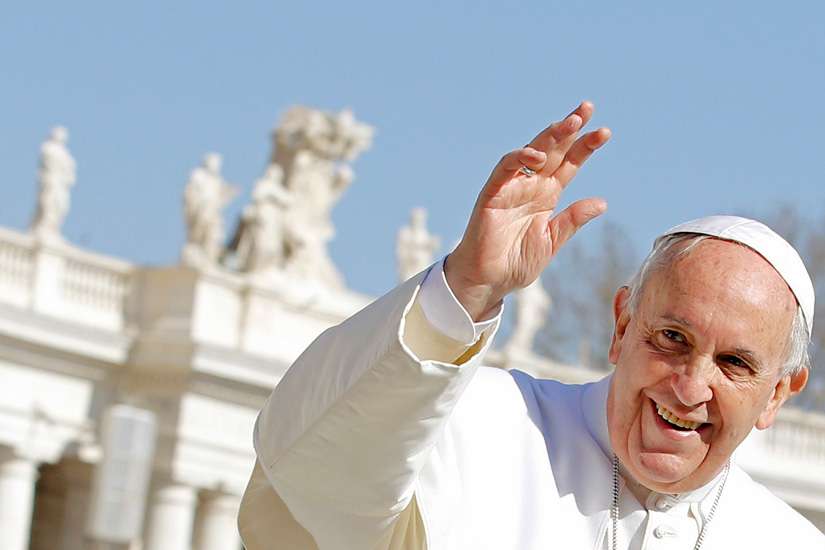Let us begin with Jesus in the desert — the Gospel for the first Sunday of Lent. The desert sun and the pangs of hunger and thirst conjured up the demon for Him. Mark presents Jesus wrestling with the power of Satan, alone and silent in the desert wastes. Mark’s version of the temptations of Jesus does not mention three temptations, nor does it say that Jesus fasted. Mark’s whole focus is on presenting the temptations of Jesus as part of the great struggle between good and evil, between God and Satan.
In the first temptation in the desert, Jesus responds to the evil one, not by denying human dependence on sustenance (food), but rather by putting human life and the human journey in perspective. Those who follow Jesus cannot become dependent on the things of this world. When we are so dependent on material things, and not on God, we give in to temptation and sin.
The second temptation deals with the adoration of the devil rather than God. Jesus once again reminds the evil one that God is in control. This is important for us to hear and believe, especially when our own temptations seem to overpower us, when everything around us might indicate failure, shadows, darkness and evil. It is God who is ultimately in charge of our destiny.
In the third temptation, the devil asks for a revelation or manifestation of God’s love in favour of Jesus. Jesus answers the evil one by saying that He doesn’t have to prove to anyone that God loves Him.
In his Lenten message this year, Pope Francis reminds us that we are all tempted by indifference. He writes: “Flooded with news reports and troubling images of human suffering, we often feel our complete inability to help. What can we do to avoid being caught up in this spiral of distress and powerlessness? First, we can pray in communion with the Church on Earth and in Heaven. Let us not underestimate the power of so many voices united in prayer! … Second, we can help by acts of charity, reaching out to both those near and far through the Church’s many charitable organizations. Lent is a favourable time for showing this concern for others by small yet concrete signs of our belonging to the one human family. Third, the suffering of others is a call to conversion, since their need reminds me of the uncertainty of my own life and my dependence on God and my brothers and sisters. If we humbly implore God’s grace and accept our own limitations, we will trust in the infinite possibilities which God’s love holds out to us. We will also be able to resist the diabolical temptation of thinking that by our own efforts we can save the world and ourselves.”
From Jesus we learn that God is present and sustaining us in the midst of test, temptation and even sinfulness. We realize that we must have some spiritual space in our lives where we can strip away the false things that cling to us and breathe new life into our dreams and begin again. We come to believe that God can take the parched surface of our hope and make it bloom. These are the lessons of the desert. That is why we need — even in the activity of our daily lives and work, moments of prayer, of stillness, of listening to the voice of God.
We meet God in the midst of our deserts of sinfulness, selfishness, jealousy, efficiency, isolation, cynicism and despair. And in the midst of the desert we hear what God will do if we open our hearts to Him and allow Him to make our own deserts bloom. The ways of the desert were deep within the heart of Jesus, and it must be the same for all who would follow Him.
(The readings for this Sunday are Genesis 9:8-15; 1 Peter 3:18-22 and Mark 1:12-15.)
(Fr. Rosica is CEO of Salt and Light Catholic Media Foundation and English language assistant, Holy See Press Office. For more of Fr. Rosica, visit saltandlighttv.org/rosicareflections.)


